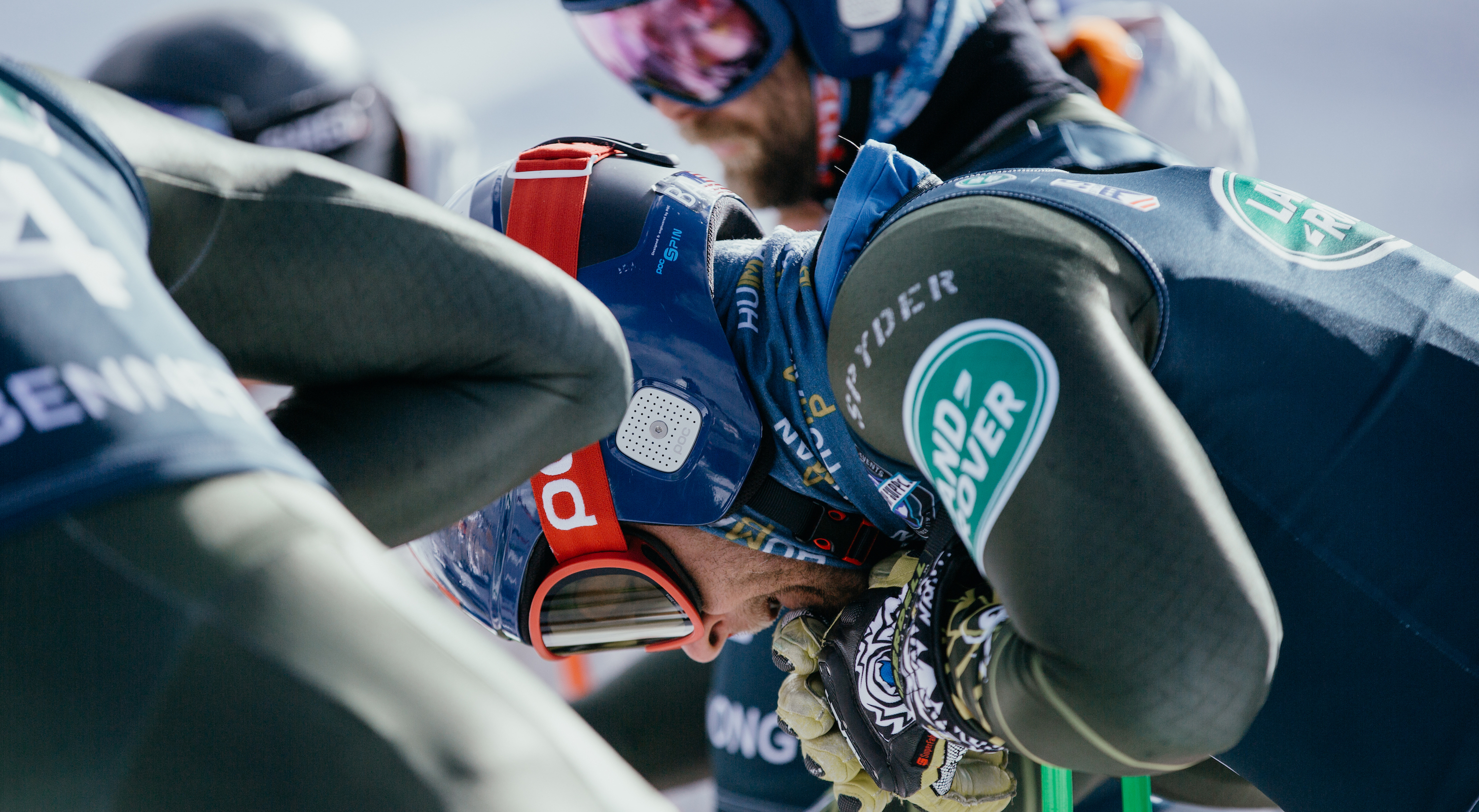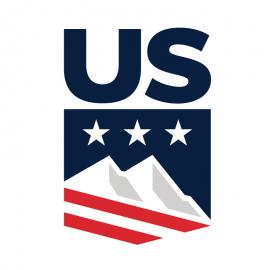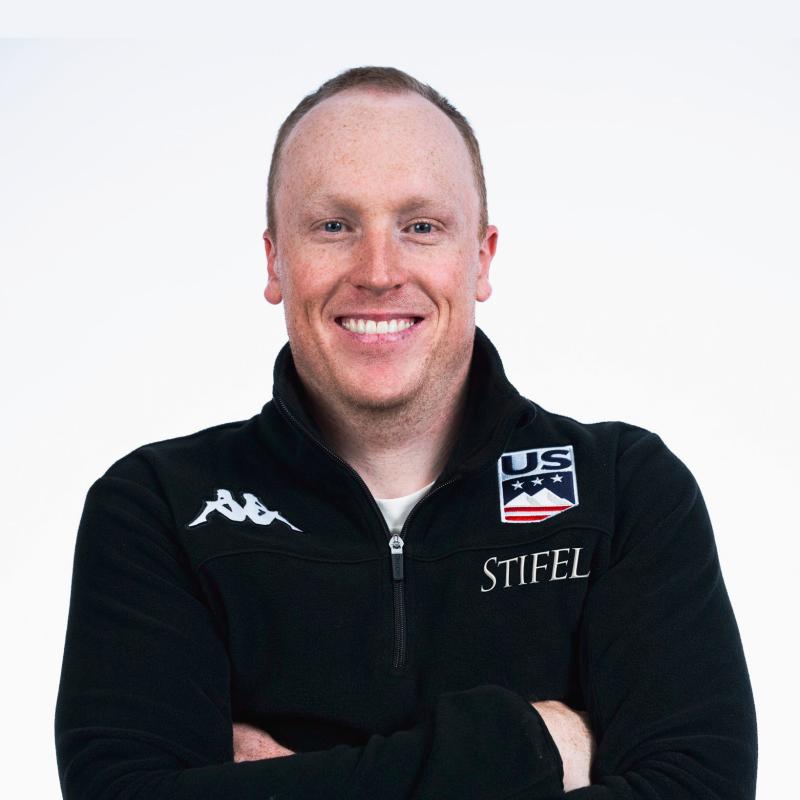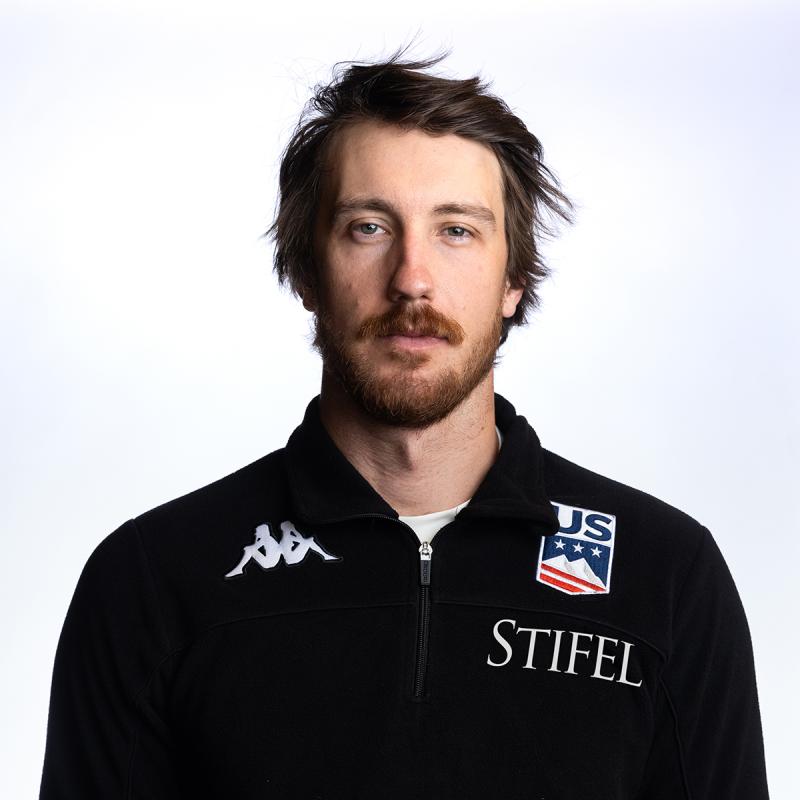Land Rover U.S. Alpine Ski Team Men's Speed Wraps Camp at Timberline

The Land Rover U.S. Alpine Ski Team men's speed team recently concluded their first on-snow prep camp for the 2020-21 season with a five-day giant slalom-focused camp at Official Training Site Timberline Resort & Ski Area in Mt. Hood, Ore.
Led by head men's speed coach Randy Pelkey, assisted by longtime speed coach Scotty Veenis and men's team manager Gwynn Watkins, athletes included Olympians Steven Nyman, Travis Ganong, and Bryce Bennett, as well as World Junior downhill champion Sam Morse and former University of Utah NCAA giant slalom standout Sam Dupratt.
After weeks of planning and time spent creating COVID-19 protocol, led by U.S. Ski & Snowboard High-Performance Director Troy Taylor and Lead Physical Therapist Gillian Bower, along with team managers, staff, and beyond, alpine athletes across training groups were finally able to return to snow.
The focus of the camp was technical, with a giant slalom focus, but there was a bigger accountability component as well. "We challenged the guys to tell us what was good about their skiing, what they wanted to fix, and how they wanted to fix it," explained Randy. "They're really good at knowing what's bad about their skiing and what they want to fix...but they really don't have the idea of how to go about the progression to fix that. We tried to fill in behind that, and give them the ways to improve—to look at it and say, 'this is the root of what you're seeing, this is the outcome...but this is how to fix that through the basics.'" The message was to get them to look at it from a different perspective.
Randy says a lot of ski racers can't really identify something positive about their skiing, as athletes tend to be accustomed to focusing on the bad. By approaching it from a coach's perspective, the athletes were able to think differently and more holistically about their skiing, while the coaches were able to fill in behind that—something Randy says was really a fun thing for him. Seeing what the athletes wanted to work on, through the athletes' eyes and critical reflection, and figuring out how to support their goals, was gratifying for Randy and Scotty.
Though the COVID-19 protocol was detailed in order to ensure athlete and staff safety, Randy and the athletes settled into their new normal with relative ease, thanks to their positive attitudes. "I think about it like a big project coming up—like if you're going to build a house, but you pick up one piece at a time, it becomes easy and you just get in the flow of it," explained Randy. "It's the new normal, so we just kind of got in the flow of cleaning the iPad every time someone touched it, cleaning the computers, and going through the whole protocol. It becomes more natural as you do it, and it's not as cumbersome as you'd think. Just to be the thought behind it and follow-through, feels good...and to look at it from a perspective that it's not about you as much, but everyone else. That's refreshing."
As far as conditions at Timberline go, the crew skied five days in a row, and two of the days were frozen and were extremely good. Randy said that the staff at Timberline did an unbelievable job of supporting the team and ensuring the camp was safe and productive. He said, in particular, they worked hard to get the guys the terrain they needed, and "working with us on line-cutting, and just all of the stuff that made the camp really easy to not only do what we got there to do but do it safely," he added. "They were instrumental...unbelievable."
Off the snow, the crew packed up their Land Rovers and went mountain biking most afternoons. They stayed in Government Camp, which was a preference of the athletes. This made access to great mountain biking easy, as they made an effort to concentrate on spending as much time as they could outside, socially distanced, having fun.
The plan for the men's speed team will be to return to Timberline in early August for a training camp but stay in Hood River for a little change in scenery and a snow-water camp focus. Randy says the focus off-snow will be balance, and they'll likely take advantage of the access to kiting that Hood River provides for their afternoon activity. The on-snow focus will be a follow-up to the last camp, with a giant slalom focus and a little bit of slalom. The goal is consistency.
Lastly, Randy wanted to thank Rachel Rourke from Howard Head Sports Medicine for joining the crew as the guest PT, as well as Gwynn, who was very instrumental in managing the food piece and the COVID-19 protocol for the group.
U.S. Ski & Snowboard sanctioned training camp attendance is optional. U.S. Ski & Snowboard athletes and staff should not feel pressure to travel to train. All sanctioned training camp policies and protocols are subject to change based on local, state, and federal public health orders, updated guidance from the USOPC, or updated U.S. Ski & Snowboard policies.


